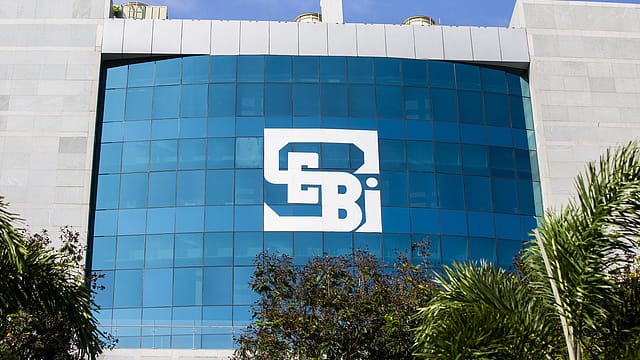From MF Lite to new asset class, experts react to SEBI’s new reforms
ADVERTISEMENT

As capital markets regulator SEBI in its latest board meeting approved the introduction of the Mutual Funds Lite (MF Lite) framework, along with a couple of other key announcements, experts have welcomed the move. Deepak Shenoy, founder and chief executive officer at Capitalmind, said MF Lite will reduce disclosure requirements even for active asset management companies (AMCs) that have passive funds. "I suggest that all mutual fund aspirants please go there to get MF Lite."
MF Lite, aimed at passively managed schemes, eases requirements for sponsors, including criteria related to net worth, track record, profitability, and trustee responsibilities. It also simplifies the approval process and disclosure requirements.
On the market regulator's nod to a new asset class aimed at high net-worth investors (HNIs), with a minimum investment of ₹10 lakh, Shenoy says these are "exciting times for some mutual funds, as they will get a tax advantage while launching such a product".
The new asset class is expected to bridge the gap between portfolio management services (PMS) and mutual funds. "No leverage, no greater investment limits than mutual funds...most likely, no allowance for a profit share (which means most PMS will not be interested?)...you have to put 10L stretched across all such strategies. We don't know yet what strategies will be allowed," says Shenoy.
Dev Ashish, founder of investment advisor platform StableInvestor, says the new asset class is "like a mini-PMS for retail, and is structurally, positioned between MF and PMS (which has a ₹50 lakh entry barrier)". "Those who (wanted to but) did not have the full ₹50 lakh to get into PMS, can now split the money (say they had ₹30-40 lakh) across 3-4 new products (NACs) funds and invest here," says Ashish.
The regulator has also quickened the processing of rights issues from 317 days to 23 days. This faster process, even quicker than the preferential allotment route, gives existing shareholders more opportunities to participate in the company’s growth. According to Shenoy, it will reduce the timelines of fundraising from current shareholders. “Should majorly impact rights issues going fwd, esp capital raises, and reduce the cost of merchant bankers etc. This can result in index funds outperforming.”
Shenoy adds that some much-anticipated decisions on futures & options, performance validation agency and instant settlement were found missing in the SEBI’s meeting. "The point of settling trades instantly - as soon as the trade completes - has been put off for a while, it appears. This would be great for fund managers, but not so much for market markets and intraday enthusiasts."
Ashish Nanda, president and digital business head at Kotak Securities, wrote on X: "While it is life as usual for now (on F&O), I believe no action is not an option anymore when SEBI is staring at data which shows 93% of retailers are losing money."
Other key measures announced by SEBI include expansion of T+0 settlement beta to include 500 scrips; easing of norms for investment advisers (IAs) and research analysts (RAs); expansion in the definition of 'connected person' under insider trading rules; new option to trade in the secondary market; and tightening of disclosure norms for offshore derivative instruments (ODIs).